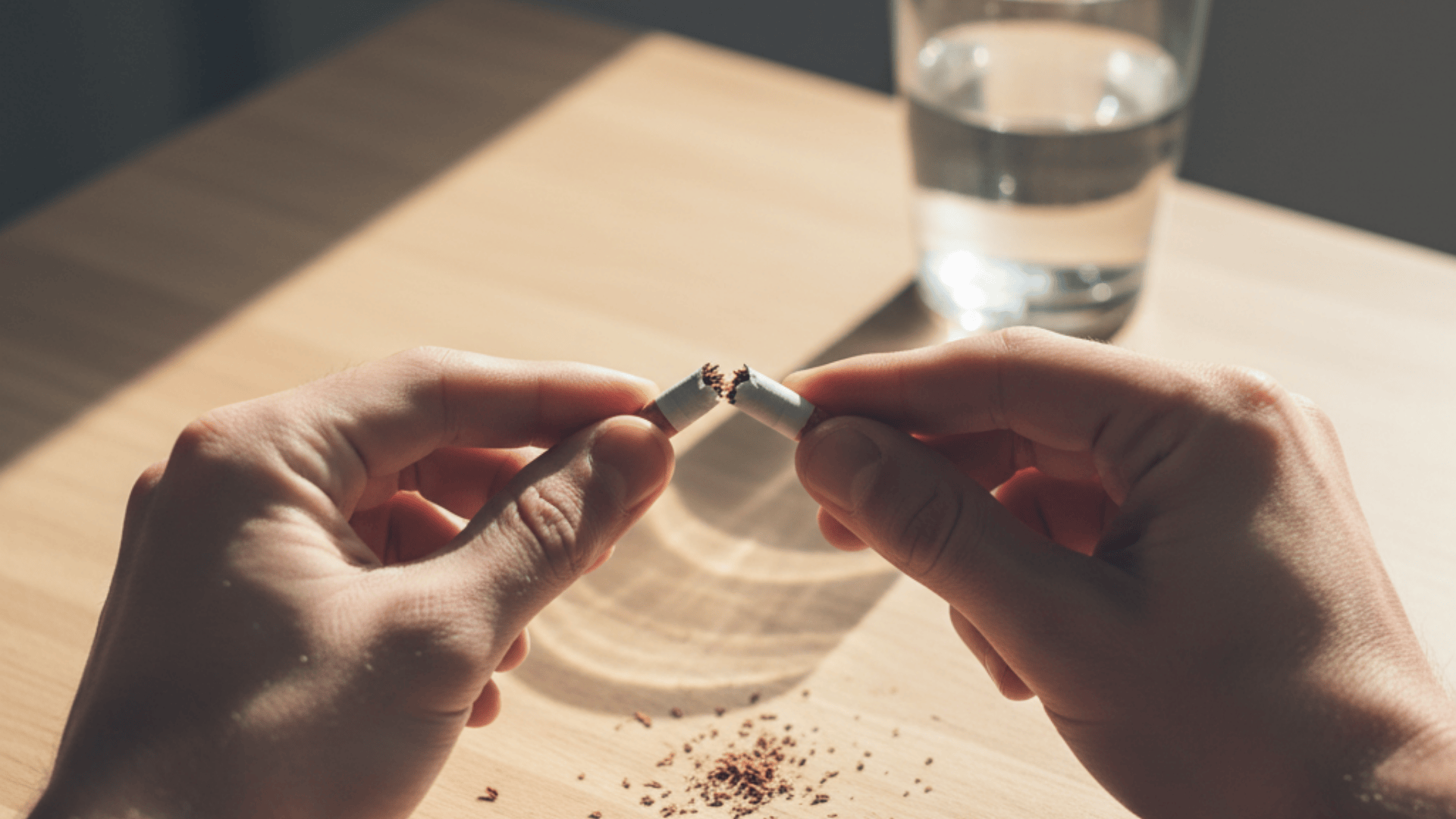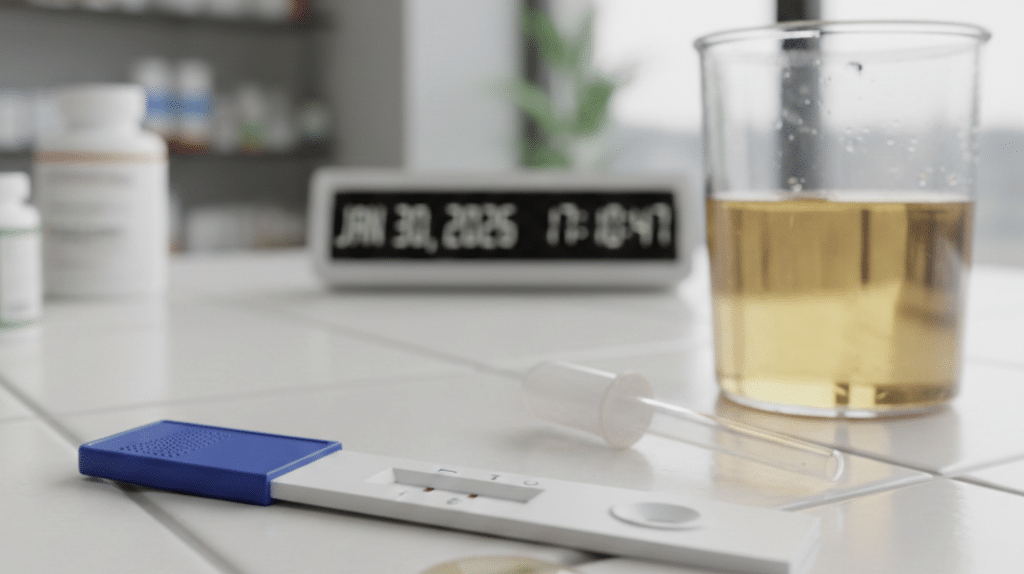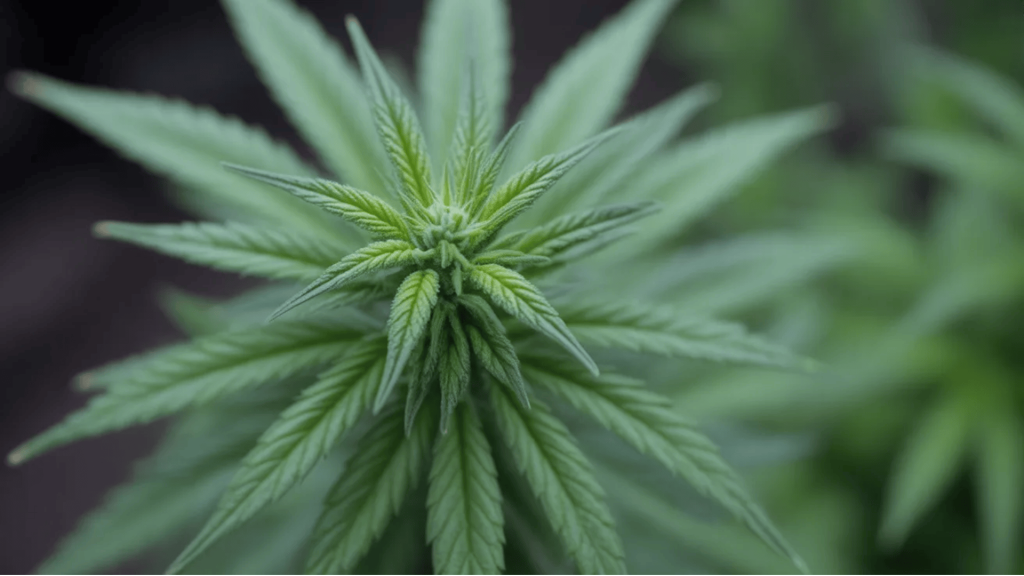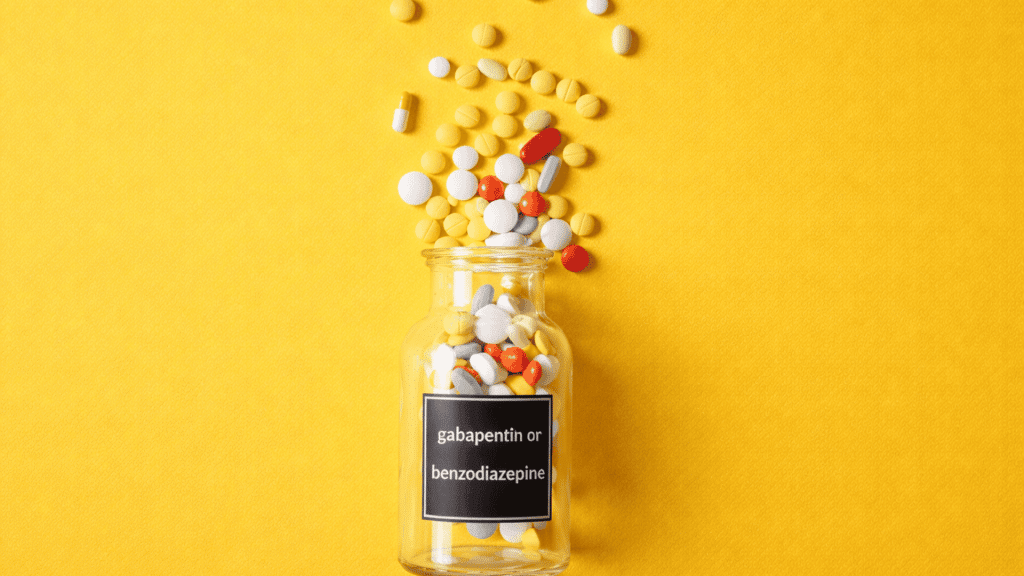Quitting smoking, switching to a healthier lifestyle, or preparing for a nicotine test often raises the same question: Is there a way to speed up nicotine removal?
I get it; waiting for your body to naturally process everything can feel frustratingly slow. Here’s the truth: your body has its own timeline for breaking down nicotine, but there are some practical steps that might help support the process.
In this article, I’ll walk you through how long nicotine actually lingers in your system, what factors influence how quickly it leaves, and some actionable tips that could help you flush it out faster.
This information is for educational purposes only and should not be considered medical advice. Always consult with a healthcare professional before making changes to your health routine or if you have concerns about nicotine use.
Quick Answer: How to Get Nicotine Out of Your System Fast?
Here’s what may help speed up the process:
- Drink plenty of water to support kidney function and flush out toxins
- Exercise regularly to boost metabolism and promote sweating
- Eat antioxidant-rich foods like berries, citrus fruits, and leafy greens
- Avoid further nicotine exposure from cigarettes, vapes, or patches
- Consider detox support or stop-smoking programs if you need extra help
Nicotine leaves your bloodstream within one to three days, but cotinine, its metabolic byproduct, can linger longer in your system.
How Long Does Nicotine Stay in Your System?

The length of time nicotine and its metabolites remain detectable depends on the type of test used and your individual metabolism. Here’s what you need to know about each testing method.
1. In Blood
Blood tests are among the most direct ways to detect recent nicotine use, though they’re less common than other methods.
When you smoke or use nicotine products, the substance quickly enters your bloodstream and begins breaking down. Your liver metabolizes nicotine relatively fast, which is why it doesn’t linger in your blood for extended periods.
Blood tests are typically used in clinical settings or research studies rather than routine screening.
Duration: Nicotine remains detectable in blood for one to three days after last use.
Immediate Effects: Increased heart rate, elevated blood pressure, and stimulated central nervous system.
2. In Urine
Urine testing is the most common method for detecting nicotine use because it’s non-invasive and can identify cotinine, nicotine’s primary metabolite.
Cotinine sticks around much longer than nicotine itself, making urine tests more reliable for detecting past use. Heavy smokers or those who use nicotine products frequently may show positive results for longer periods.
Factors like hydration, kidney function, and metabolism all influence how quickly cotinine clears from your system.
Duration: Cotinine can be detected in urine for three to four days, sometimes longer in heavy users.
Immediate Effects: Traces of nicotine and cotinine begin appearing in urine within hours of use.
3. In Saliva
Saliva tests offer a convenient, non-invasive option for detecting recent nicotine use. These tests measure both nicotine and cotinine levels in your mouth, making them useful for workplace screenings or insurance evaluations.
Saliva testing is particularly effective at catching very recent use since nicotine concentrations in saliva can be quite high shortly after smoking or vaping.
The detection window is relatively short compared to urine, which makes it less useful for identifying use from several days prior.
Duration: Nicotine and cotinine typically remain detectable in saliva for one to four days.
Immediate Effects: Nicotine concentrations peak in saliva within minutes of smoking or vaping.
4. In Hair
Hair follicle testing provides the longest detection window of any nicotine test, making it valuable for assessing long-term use patterns.
As your hair grows, it incorporates traces of nicotine and cotinine from your bloodstream, creating a permanent record. This method can reveal nicotine exposure over extended periods, though it’s more expensive and less commonly used than other tests.
Hair tests are most often employed in forensic situations or comprehensive health assessments.
Duration: Nicotine and cotinine can remain detectable in hair for three months or longer.
Immediate Effects: Nicotine begins to incorporate into growing hair follicles within days of use.
Factors That Affect Nicotine Detox Speed
Not everyone clears nicotine at the same rate. Your body’s ability to metabolize and eliminate nicotine depends on several personal and lifestyle factors.
Understanding what influences your detox timeline can help you set realistic expectations.
| Factor | What It Is | Impact on Detox | Your Control |
|---|---|---|---|
| Frequency of Use | How often you consume nicotine | Heavy users take longer to clear nicotine | High |
| Product Type | Cigarettes, vapes, patches, chewing tobacco | Different delivery methods affect elimination time | High |
| Metabolism | How fast your body processes substances | Fast metabolizers clear nicotine quickly | Low |
| Genetics | Inherited enzyme activity | Determines baseline processing speed | None |
| Hydration | Daily water intake | Better hydration supports kidney function | High |
| Diet Quality | Nutritional choices | Antioxidants may support detox processes | High |
| Age | Your current age | Younger people typically metabolize faster | None |
| Body Weight | Overall body composition | Affects how nicotine is stored and released | Moderate |
| Activity Level | Exercise frequency and intensity | Higher activity boosts metabolism and circulation | High |
While you can’t change your genetics or age, focusing on controllable factors like hydration, diet, and exercise can meaningfully support your body’s natural detox process.
Effective Strategies to Flush Nicotine Out Fast

While your body will naturally eliminate nicotine over time, certain strategies can help support and potentially speed up the process.
Here are practical, evidence-based approaches you can start implementing today.
1. Hydration and Fluids
Staying well-hydrated is one of the simplest and most effective ways to support nicotine elimination.
Water helps your kidneys filter out toxins more efficiently, while herbal teas like green tea or dandelion root may offer additional detox benefits.
Aim to drink consistently throughout the day rather than chugging large amounts at once. Proper hydration also helps dilute nicotine metabolites in your urine, supporting faster clearance from your system.
Suggested Routine: Drink eight to ten glasses of water daily, plus two to three cups of herbal tea.
2. Exercise & Sweat
Physical activity boosts your metabolism and improves circulation, helping your body process and eliminate nicotine faster.
Cardiovascular exercises like running, cycling, or swimming increase sweating, which provides another pathway for toxin removal. Even moderate activities like brisk walking can make a difference.
Sauna sessions may complement your exercise routine by promoting additional sweating, though they shouldn’t replace actual physical activity for optimal metabolic benefits.
Suggested Routine: Engage in thirty to forty-five minutes of cardio five times weekly, plus optional sauna sessions.
3. Nutrition for Detox
Certain foods can support your body’s natural detoxification processes. Citrus fruits like oranges and grapefruits are rich in vitamin C, which may help break down nicotine faster.
Cruciferous vegetables like broccoli and Brussels sprouts contain compounds that support liver function. Leafy greens like spinach provide antioxidants that combat oxidative stress.
Fiber-rich foods, including whole grains, beans, and vegetables, promote digestive health and help eliminate waste products more efficiently.
Suggested Routine: Include citrus fruits daily, eat leafy greens with meals, and add fiber-rich foods at every meal.
4. Natural Detox Aids
Some supplements and natural compounds may support nicotine elimination, though evidence varies. Vitamin C is thought to help metabolize nicotine and boost immune function.
Green tea contains catechins with antioxidant properties. Niacin has been suggested for detox, but high doses can cause side effects and should only be taken under medical supervision.
Always research thoroughly and consult a healthcare provider before starting any supplement regimen, especially if you have underlying health conditions.
Suggested Routine: Consider vitamin C supplements as directed, drink green tea daily, and consult a doctor before trying niacin.
5. Avoiding Re-Exposure
The most critical step in clearing nicotine is stopping all intake. Even small amounts from secondhand smoke, vaping, or nicotine replacement products will reset your detox timeline.
Stay away from environments where people are smoking, and avoid social situations that might trigger cravings.
If you’re using nicotine patches or gum as part of a cessation program, work with your healthcare provider to taper off gradually while still meeting your detox goals.
Suggested Routine: Eliminate all nicotine products immediately, avoid smoky environments, and seek support groups, if needed.
Can You Really Speed Up Nicotine Detox for a Drug Test?
Let’s be honest: there’s no magic shortcut to instantly flush nicotine from your system. Your body needs time to naturally metabolize and eliminate it, typically within a few days to weeks, depending on the test type.
While over-the-counter detox kits promise quick results, many lack solid scientific backing and can be expensive or even risky.
Natural methods like hydration and exercise may help support the process, but they won’t dramatically accelerate it.
The best approach? Plan ahead and stop nicotine use as early as possible before your test date.
Long-Term Benefits of Nicotine Detox

Getting nicotine out of your system isn’t just about passing a test; it’s about reclaiming your health.
Here are some of the lasting benefits you can expect when you commit to staying nicotine-free.
- Improved cardiovascular health with lower blood pressure and reduced heart disease risk.
- Better lung function and easier breathing as your respiratory system heals.
- Improved sleep quality and a more stable mood as your brain chemistry rebalances.
- Significantly reduced cancer risk across multiple organ systems over time.
- Increased energy levels and improved physical stamina for daily activities.
These benefits build over time, with some improvements appearing within days and others developing over months and years. The sooner you start your detox process, the sooner your body can begin healing and recovering from nicotine’s effects.
When to Seek Support?
Quitting nicotine can be challenging, and you don’t have to do it alone. If you’re struggling with withdrawal or need extra help, professional support and resources are available to guide you through the process.
- Withdrawal symptoms like irritability, intense cravings, anxiety, difficulty concentrating, and mood swings are common and treatable.
- Nicotine replacement therapy, including patches, gum, lozenges, and inhalers, can ease withdrawal while you taper off.
- Professional counseling and behavioral therapy help address triggers and develop long-term coping strategies.
- Support groups provide community, accountability, and shared experiences from others on the same path.
- Quit-smoking helplines like 1-800-QUIT-NOW offer free coaching, resources, and personalized quit plans.
Remember that seeking help is a sign of strength, not weakness. Many people need multiple attempts and various forms of support before successfully quitting for good.
Wrapping It Up
Clearing nicotine from your system takes time, but supporting your body through hydration, exercise, and smart nutrition can help optimize the process.
Remember that detox timelines vary based on your metabolism, usage patterns, and lifestyle choices. While there are no instant fixes, the strategies I’ve shared give your body the best chance to eliminate nicotine efficiently.
More importantly, staying nicotine-free brings lasting health benefits that extend far beyond any test.
Have questions or tips that worked for you? Drop a comment below and share your experience with others.






